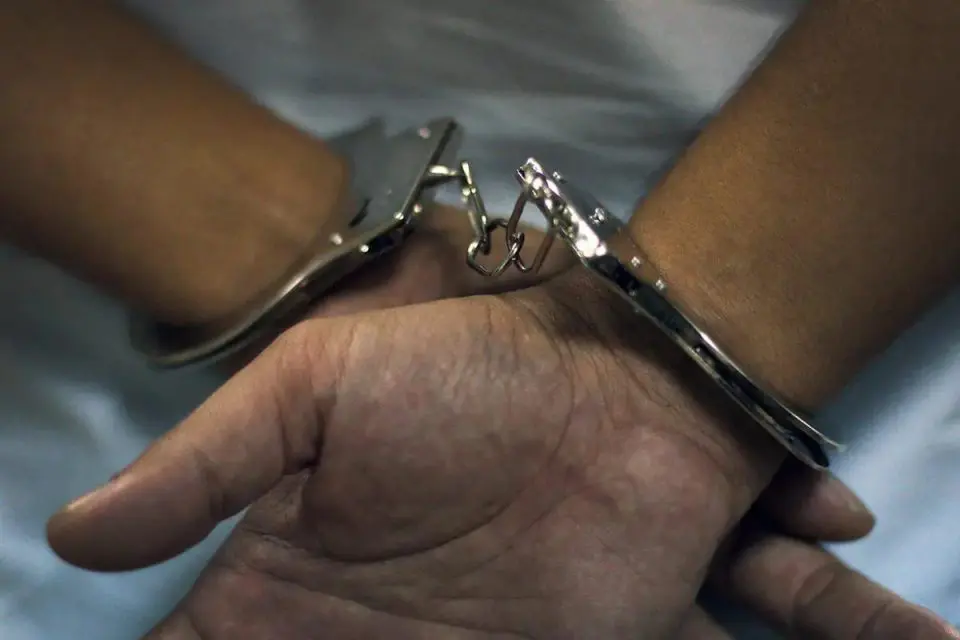KUALA LUMPUR, Jan 17 — Police will focus on combating forced labour as part of its efforts to address human trafficking issues in the country.
Bukit Aman Criminal Investigations Department Anti-Trafficking in Persons and Anti-Smuggling of Migrants (Atipsom) D3 assistant director ACP Azry Akmar Ayob said this was because Malaysians still lacked awareness and understanding about the nature and criteria of forced labour crimes.
Consequently, Malaysians are not aware that what they are doing or what is happening in front of them constitutes as forced labour and a violation of labour laws in the country.
He, however, said that some parties, especially employers, would purposely violate labour laws by exploiting their workers.
“(Take for) Example the modus operandi of a cleaning company. They bring in foreign workers, give them a place to stay before asking them to work without pay… and then they restrict the workers’ movements,” he told Bernama in Bukit Aman recently.
He said although the focus was more on forced labour crimes, other forms of human trafficking, including sex exploitation by bringing in foreign women to work as prostitutes or guest relations officers, would not be neglected.
Bernama had previously reported that the forced labour and sex exploitation categories were the biggest contributors of human trafficking cases in the country in 2019 and last year, with 418 cases.
Besides sex exploitation and forced labour, the report also listed slavery, organ transplant and illegal activities, like the sale of babies, as human trafficking crimes under Section 2 of the Atipsom Act 2007.
According to Azry Akmar, police hoped that by focusing on the issue of forced labour, it would help improve Malaysia’s ranking in the US State Department’s Annual Report, which placed Malaysia on the Tier 2 Watch List in 2020 regarding the issue.
“We have implemented various approaches and efforts regarding this issue based on the policies, situation, sovereignty, culture and integrity of our country.
“I do not deny that the report is a sign from the US to all of the countries in the world regarding the way we tackle the human trafficking issue but it is not proof that Malaysia is not doing something about it. We do it our way, maybe it’s different compared to the US,” he said.
According to him, Tier 1 in the US State Department Annual Report meant that a country meets the minimum standards set while Tier 3 is the lowest, where a country shows no effort to curb cross-border crimes.
He said that with the implementation of the Atipsom Act 2007, police, who are also one of the agencies placed under the Council for Anti-Trafficking in Persons, had the role of arresting, gathering intelligence and rescuing victims until the criminal suspects are charged in court.
— Bernama





